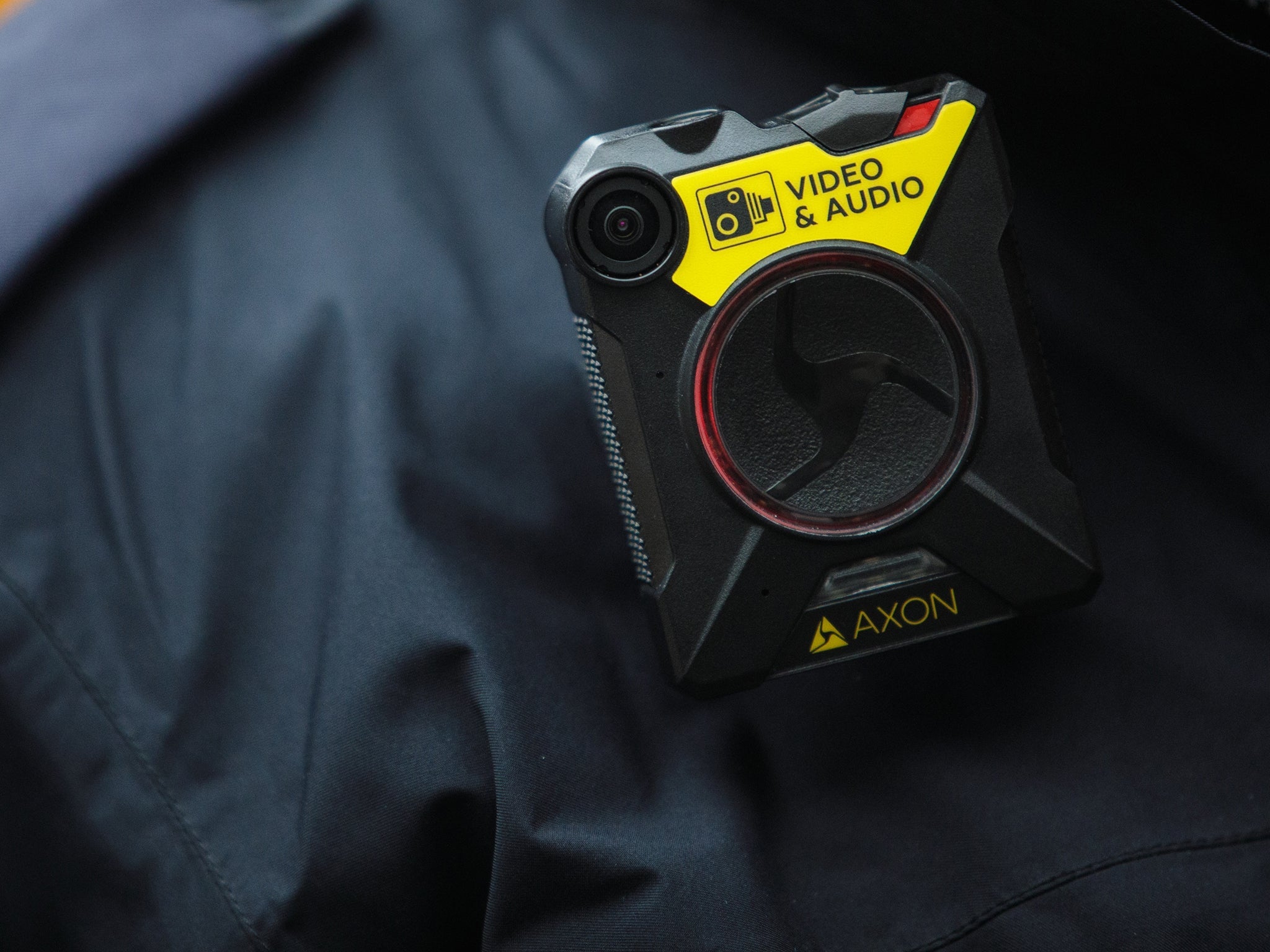Ofsted inspectors to record school visits with body cameras
Campaigners say use of surveillance technology in classrooms is ‘completely inappropriate’

Ofsted inspectors will wear body cameras to record visits to suspected illegal schools for their own safety.
The watchdog is piloting body-worn video cameras in all suspected unregistered schools from next week to protect their inspectors, seize evidence and increase prosecutions.
It comes after Ofsted has repeatedly called on the government to give them greater powers to investigate illegal schools, close them down and prosecute those who run them.
Footage from inspections will be retained by Ofsted if a warning notice is issued. It will then remain with the inspectorate until they decide whether to pursue criminal charges.
The move has sparked criticism from campaigners who have described the use of “surveillance technology” in schools as “completely inappropriate”.
Since 2016, Ofsted has received more than 600 referrals of suspected illegal schools. Of those, more than 290 settings have been inspected and 83 have received formal warning notices.
But the watchdog has only secured three successful prosecutions against an unregistered school – a setting operating as an independent school without registration – in recent years.
Last year, Ofsted officials warned some of the most vulnerable children are being left to play computer games all day in suspected illegal schools which “rob” them of their life chances.
Inspectors have found open sewers, rat traps and exposed electrical wires, the watchdog said in a report which estimated that thousands of children are taught in suspected illegal schools run by unqualified staff and teachers banned from the profession.
In October 2018, Ofsted secured its first successful prosecution against an unregistered school followed by two more last year.
But the chief inspector recently warned a legal loophole means there is nothing to stop convicted operators of illegal schools from continuing to run them.
Inspectors in the pilot, which will run from February until April, will inform individuals they encounter that they are using body-worn video cameras.
But Hannah Couchman, policy and campaigns officer at Liberty, has called for the plans to be scrapped. She said: “It is completely inappropriate for this type of surveillance technology to be used in any school.
“Body-worn video adds to the expanding web of surveillance technology we are being subjected to by the state, which risks making privacy a thing of the past. By giving school inspectors these cameras, we are teaching children to accept surveillance as part of everyday life.
“Ofsted must scrap these plans. We are extremely concerned by the creeping growth in the use of body-worn cameras, including in some NHS hospitals and by local authorities.”
Jen Persson, director of defenddigitalme, a campaign group calling for more transparency with pupil data, added: “I think the teaching profession would be alarmed to think scope creep could make filming routine in all consensual inspections.
“The inspectors will need to ensure that [filming] will be rare rather than routine, and only where it is necessary, proportionate, and they cannot record evidence without being less invasive.”
An Ofsted spokesperson said: “When our inspectors enter suspected unregistered schools they have no prior knowledge of the people they will be engaging with.
“We are piloting if body-worn cameras will improve the ability for our inspectors to carry out their job safely, while also securing best evidence as part of the criminal investigation and improving the ability of the Crown Prosecution Service to prosecute people who conduct suspected unregistered schools.”
To be required to register as a school, a setting must be providing full-time education to at least five children of compulsory school age. It must also operate from a building and must offer a curriculum that includes maths and English.
There is currently no legal definition of “full-time education”, but the Department for Education has issued guidance to say that 18 hours or more a week is likely to constitute full-time education.
Geoff Barton, general secretary of the Association of School and College Leaders (ASCL), said: “The use of body cameras is a good idea and we hope that it proves successful. But we would also like to see Ofsted given more powers to seize evidence.
“The fact that Ofsted has found safeguarding or health and safety concerns in over a third of unregistered schools shows the importance of this issue.”
Join our commenting forum
Join thought-provoking conversations, follow other Independent readers and see their replies
Comments
Bookmark popover
Removed from bookmarks